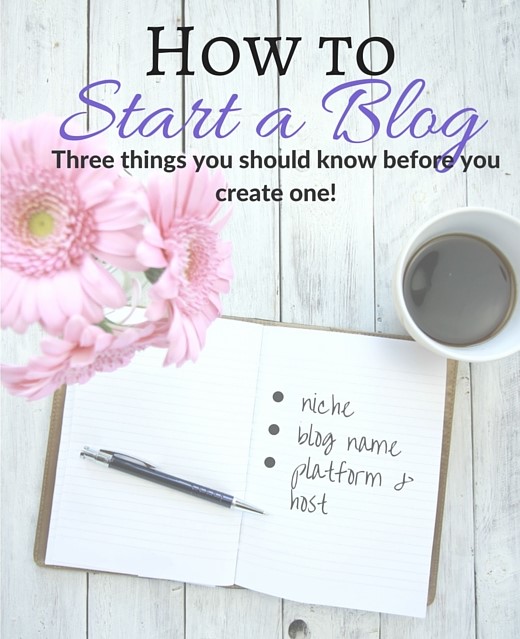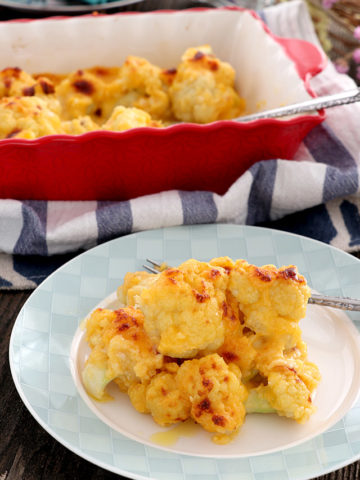 The actual creation of a blog would take just a couple of minutes but before we get on with the actual steps, you must know few things first otherwise you might be wasting a lot of time and probably some money. It is important to do some research first specially if your aim is to make (a bit or a lot) money from your blog. Below are some guidelines on how to start a blog.
The actual creation of a blog would take just a couple of minutes but before we get on with the actual steps, you must know few things first otherwise you might be wasting a lot of time and probably some money. It is important to do some research first specially if your aim is to make (a bit or a lot) money from your blog. Below are some guidelines on how to start a blog.
Disclaimer: Please note that some of the links below are affiliate links and I will earn a commission if you purchase through those links. I have used all of the products listed below and recommend them because they are helpful and are companies that I trust.
If you have these three things already ticked on your checklist, then proceed to the next post on how to create a blog.
1) Choose a Niche
What is a niche? Believe me I had no idea what the word means until I decided to start my own blog, so now I can tell you what a niche is. Simply put, a niche is what you will mostly write about in your blog. Why is it important? Although not required, it will give your blog a more focused theme and direction than just writing about anything that comes to mind. You get better chance to build a following of readers who have the same interest as your niche following your blog. You can have a broad niche or a more specific one. As example, you may want to write about traveling or you can write specifically about travelling in Europe or perhaps you want to write about pets or specifically about dogs.
Here are some questions that may help you come up with your niche:
- What are you passionate about?
- Do you have any authority/expertise to write about something? What is it?
- Do you think it will be interesting or helpful to other people?
- Are there many bloggers who are already writing about the same niche? If so, how can your blog be any different or better than theirs?
- Can you write article after article that revolves around your niche?
Thinking back, this part was probably the hardest part for me when I decided to have my own blog, I got a bit stuck choosing a niche, but once I know for sure what I want to write about it was smooth sailing (almost) from that point. But my advice is not to over-think it! Do not be afraid to take some risk, blogging anyway is very dynamic and flexible so if along the way you realize that you got the wrong niche, it is no big deal! You still gained the experience and you will be forgiven! But give your niche the chance it deserves, chances are you are only having second thoughts or sometimes (like me) overwhelmed by so many ideas that you want to write about them all.
I also find this article from Pat Flynn about creating a niche site very enlightening specially if your main goal is to draw profit from your future blog. His is a more methodical approach.
2) Choose a Name for your Blog
Now that you have a niche and know what you will be writing about, it might help you to come up with an appropriate title for your blog. Although it can also be something that is totally not related, like using your name or you can even name it after your pet if you like. I chose to name my blog 'Foxy Folksy' because I do not only want to focus on food, which is anyway the main content of this blog, but I also want to write about tutorials, DIY projects and travels so I chose a name that not so specific. But if you plan to focus on a specific niche then I suggest to name your blog with something that is more relevant so that readers know right away what to expect from your site and it also helps when they are searching or 'googling' for a certain word and they see that your site is relevant to what they are searching for.
If you now have some ideas of what your blog name would be, the next step is to check if this is an available domain name. Head over to Hostgator and enter the name in the box like the one below to see if it is still available.
3) Choose a Platform and Host
Choose your blogging platform (Free or self-hosted). A blogging platform is the software or service that turns a regular site into a functioning blog. There are lots of blogging platforms to choose from and some of the most popular are Wordpress, Tumblr, Blogger, TypePad, Movable Type and Joomla. WordPress being the most popular and mostly used. Good news is, most of these platforms are free.
But first you have to decide if you want to get the free stuff (hosted) or pay for a premium (self-hosted). With the free blogging platforms, you have limited control over your own content and they do not allow you to put up advertisements which is one of if not the main source of income for bloggers. Another thing, when you use the free platforms, branding ability is limited, meaning your website address would be like "youraccountname.wordpress.com" (WordPress.com) or "blogname.blogspot.com" (Blogger by Google) instead of "yourdomainname.com" although you can get rid of the extension by buying and/or registering a domain name with them. Now, if you would like to create a blog just as a hobby , then you might as well opt for a free stuff. They are a great way to learn the ropes and make it very simple to set up a blog and get going.
But if you are thinking of making some money on the side or your main goal is to make a living out of it (yup! you can do that, like the others who earn big bucks just from blogging though that needs time and lots of effort) then my advice is to start your blog using self-hosted platforms.
Foxy Folksy uses Hostgator. It is really good for a beginner since you do not need to apply for a 6-month to 1 year plan like with the other web hosts, they have a hosting plan that lets you pay monthly.
When I started blogging, I chose to have it hosted by Blogger (free) and it was fine for a beginner. Setting up was really quick and easy . But because of the limitations I decided on having a self-hosted blog and transfer my content from Blogger to WordPress.org (self-hosted version of WordPress.com). I would not really advice this as the transfer could be time-consuming and a bit tricky specially if you're blogging already for a long time. And I read a lot about other blogs losing their ranking on search engines because of the move. Good thing mine was pretty new at the time I made the decision. If you choose that your blog should be self-hosted, next step is to look for a good web host. Foxy Folksy uses Hostgator. It is really good for a beginner since you do not need to apply for a 6-month to 1 year plan like with the other web hosts, they have a hosting plan that lets you pay monthly.
When you are done with your research and have finalized some ideas then you can proceed with creating your blog site. You may also refer to my Resource page for additional tips.









